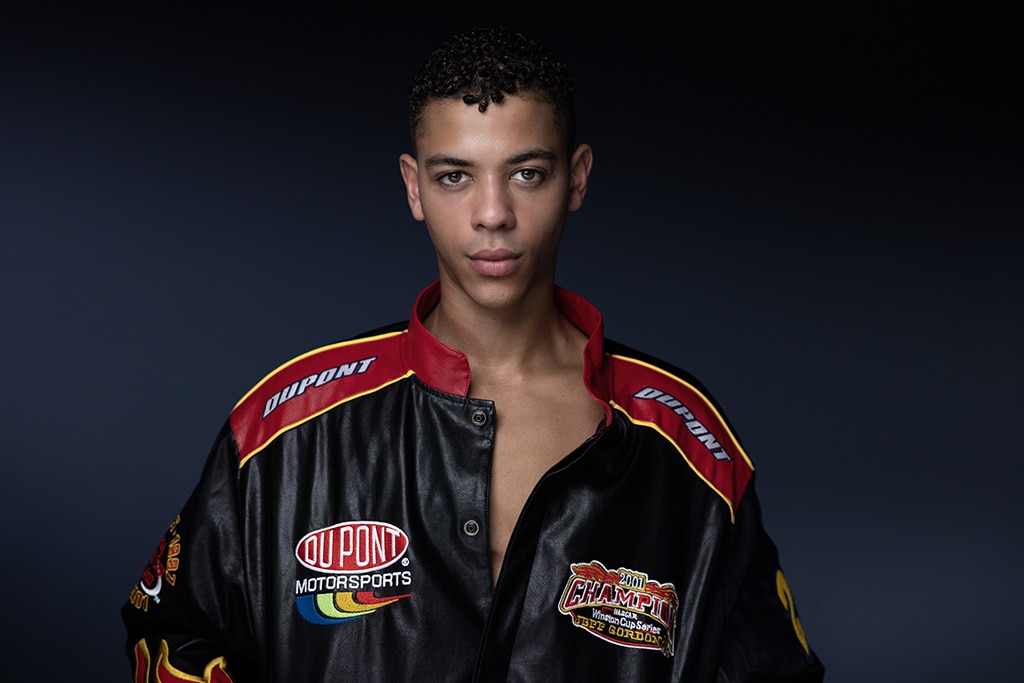He is the first black person to achieve the exalted status of an "etoile" dancer at the Paris Opera, but that is only a small indication of what makes Guillaume Diop one of the most exciting ballet talents of his generation. At 23, Diop bypassed the rank of "premier danseur" that precedes "etoile" (star) when he was promoted earlier this month-a rare move in the strictly hierarchical 354-year-old company.
"I have the feeling that I'm dreaming," Diop told AFP. But those who have followed his short career-and seen his explosive leaps and charismatic performances on-stage-are not surprised. Since 2021, he has taken over lead roles in "Romeo and Juliet", "Swan Lake" and "La Bayadere" when more senior dancers were injured. For "La Bayadere", he had just three days to prepare for the lead alongside the "queen" of the company, Dorothee Gilbert.
"It wasn't easy. I had some crazy days. I had to prove that I was up to the task," he said. He has no time for the inevitable online backlash claiming that he was only promoted due to "positive discrimination". "If I was given these roles, it was because I deserved it," he said.
But nor does he mind being referred to "as the first black etoile". His promotion has been big news in France, where the Paris Opera still has precious few non-white or non-French dancers. "It doesn't bother me because it's a fact," he said. "If there had been someone like me back when I started dance, it would have been much easier for my parents and I. It would have reassured them."
'Hard to believe'
Diop was raised in Paris by a Senegalese father and a French mother. They couldn't believe the news when he received his recent accolade, as is customary, at the end of a performance-in this case, during a tour in Seoul. "With the time difference from South Korea, they had only just woken up... they still find it a little hard to believe, but my father is super proud," Diop said with a big smile.
He sees his etoile status as a "beautiful responsibility" to represent French dance in the widest sense, but he is also proud of being a symbol due to his ethnic background. "I'm conscious that this will help children get involved in dance," he said. Diop started classical dance classes at eight in spite of concerns from his parents and discouragement from others.
"People told me: 'There are no blacks at the Opera', 'They won't pick you because you're black'. They told me I had a big bottom and flat feet-all the cliches about black people."
Once he had made it into the Opera's school, there were fewer comments, though he still wasn't sure if he wanted to pursue dancing or go to medical school. It was attending a workshop at the famed Alvin Ailey school in New York, and being surrounded by many African-American dancers, that gave him the confidence to throw himself fully into ballet, and he won a place in the Paris Opera company at 18.
These days, his biggest challenges are overcoming stage-fright, not least when he performed at a gala for the late ballet legend Patrick Dupond last month. "All the past etoiles were there who I have watched 12,000 times on YouTube," he recalled with a grin, including his heroes, Nicolas Le Riche and Laurent Hilaire. But becoming an etoile allows him to relax into his work, he said. "Being selected at a young age is an opportunity because I can grow with these roles and work more calmly." - AFP











